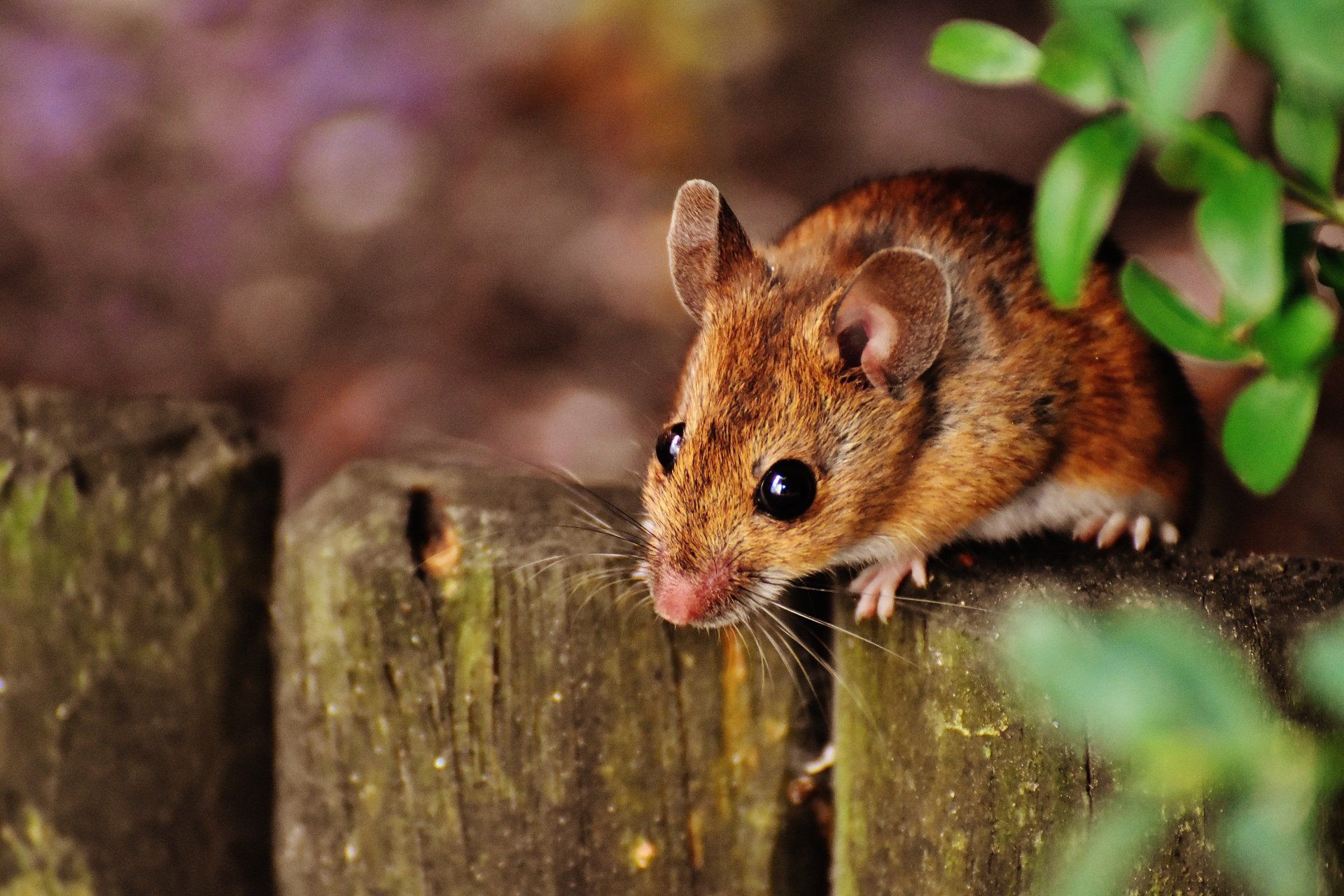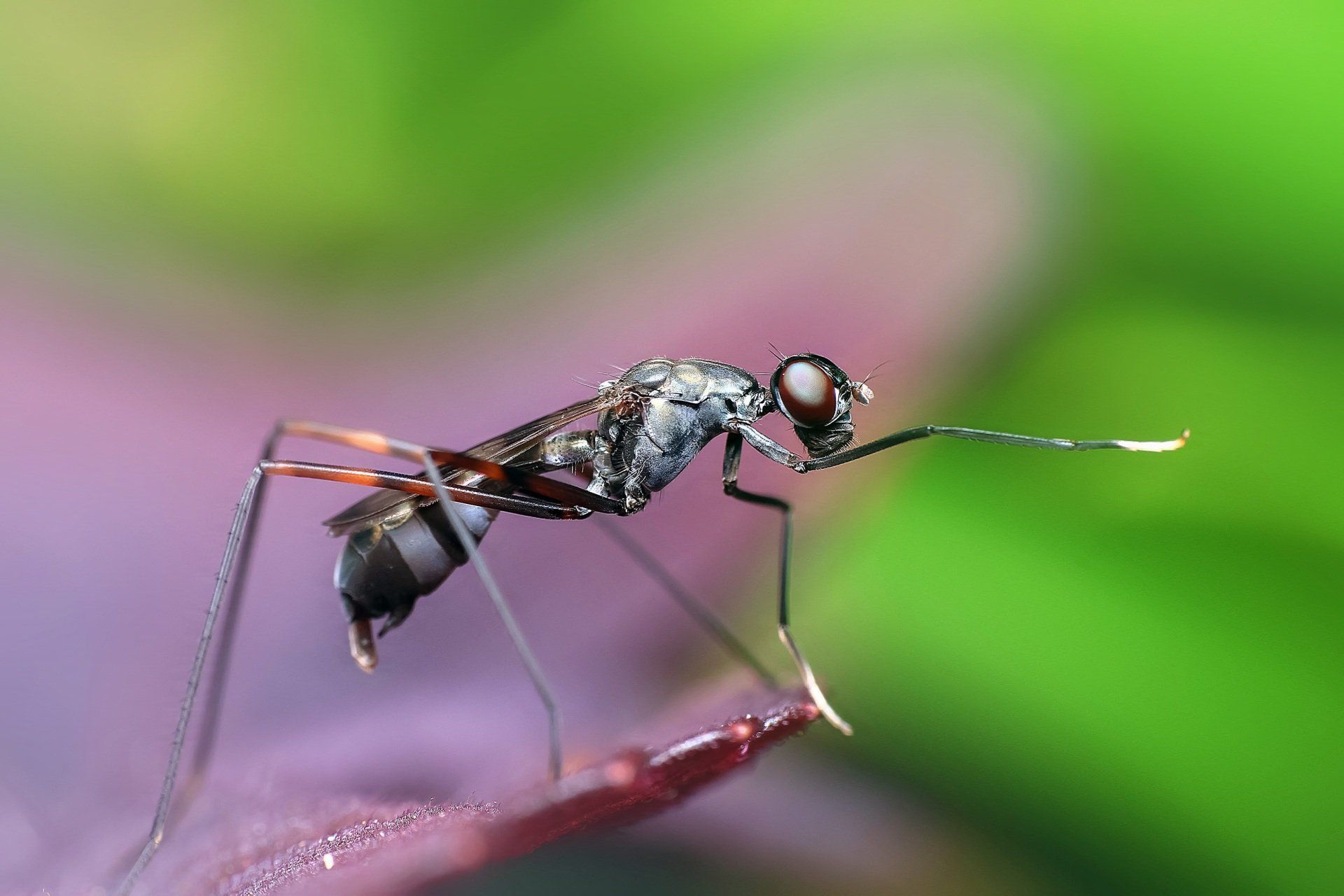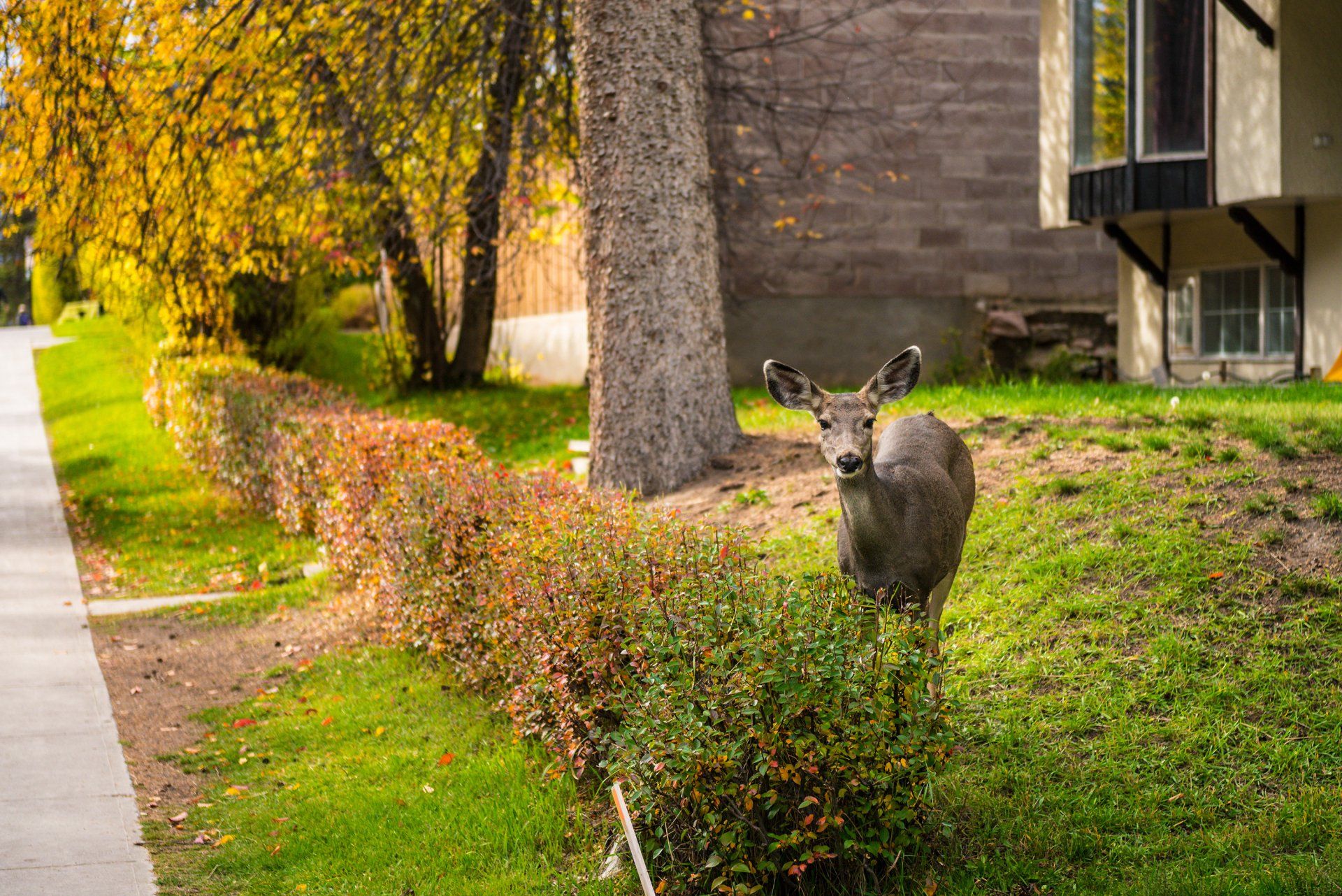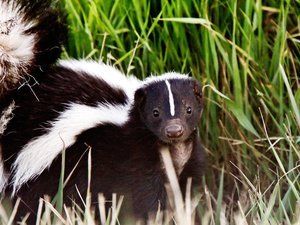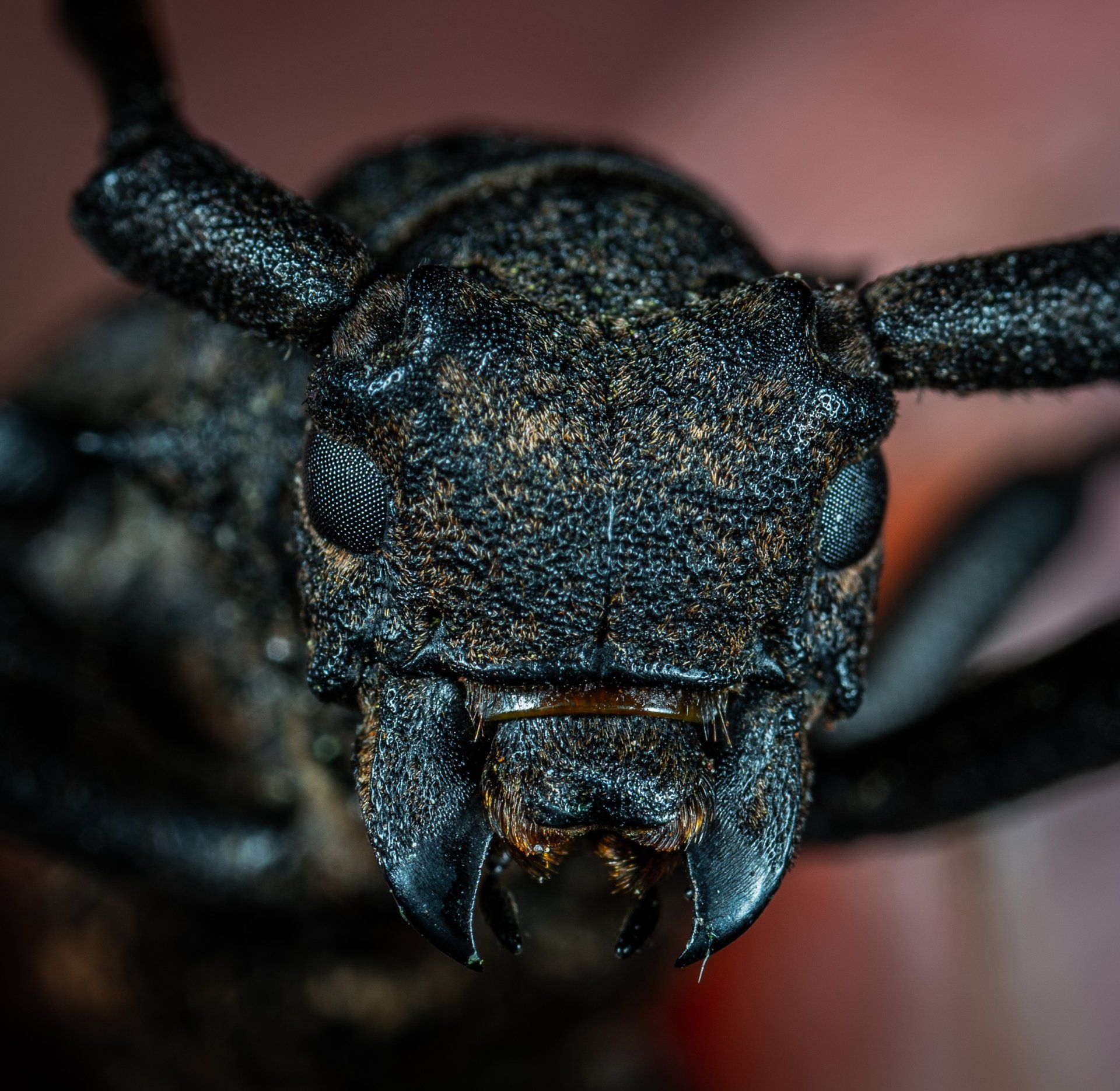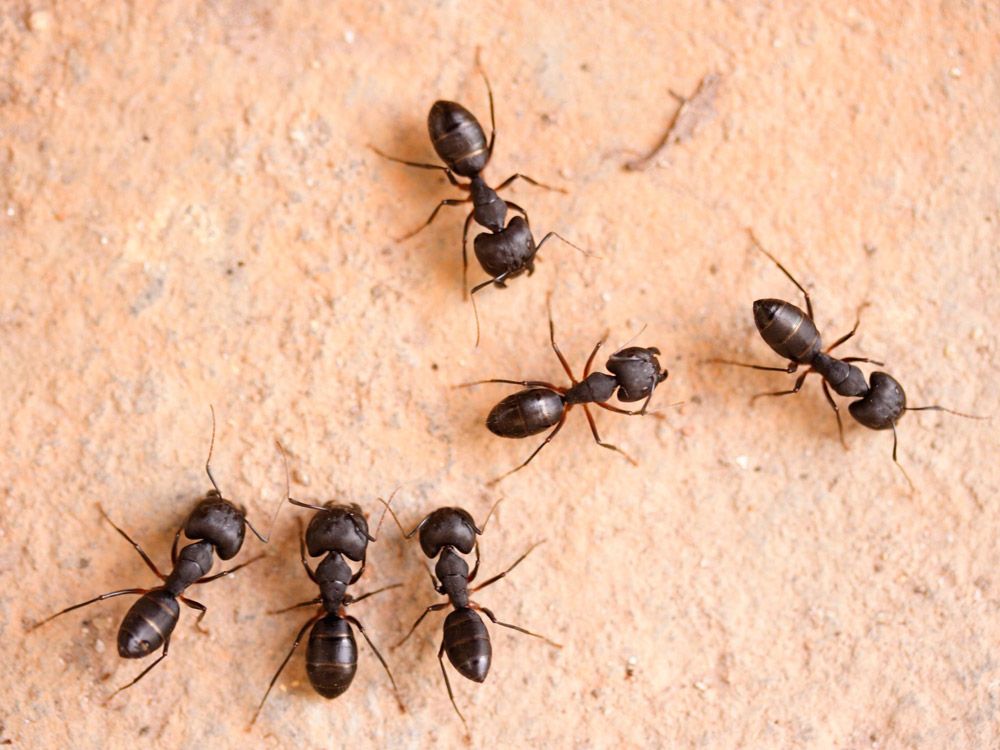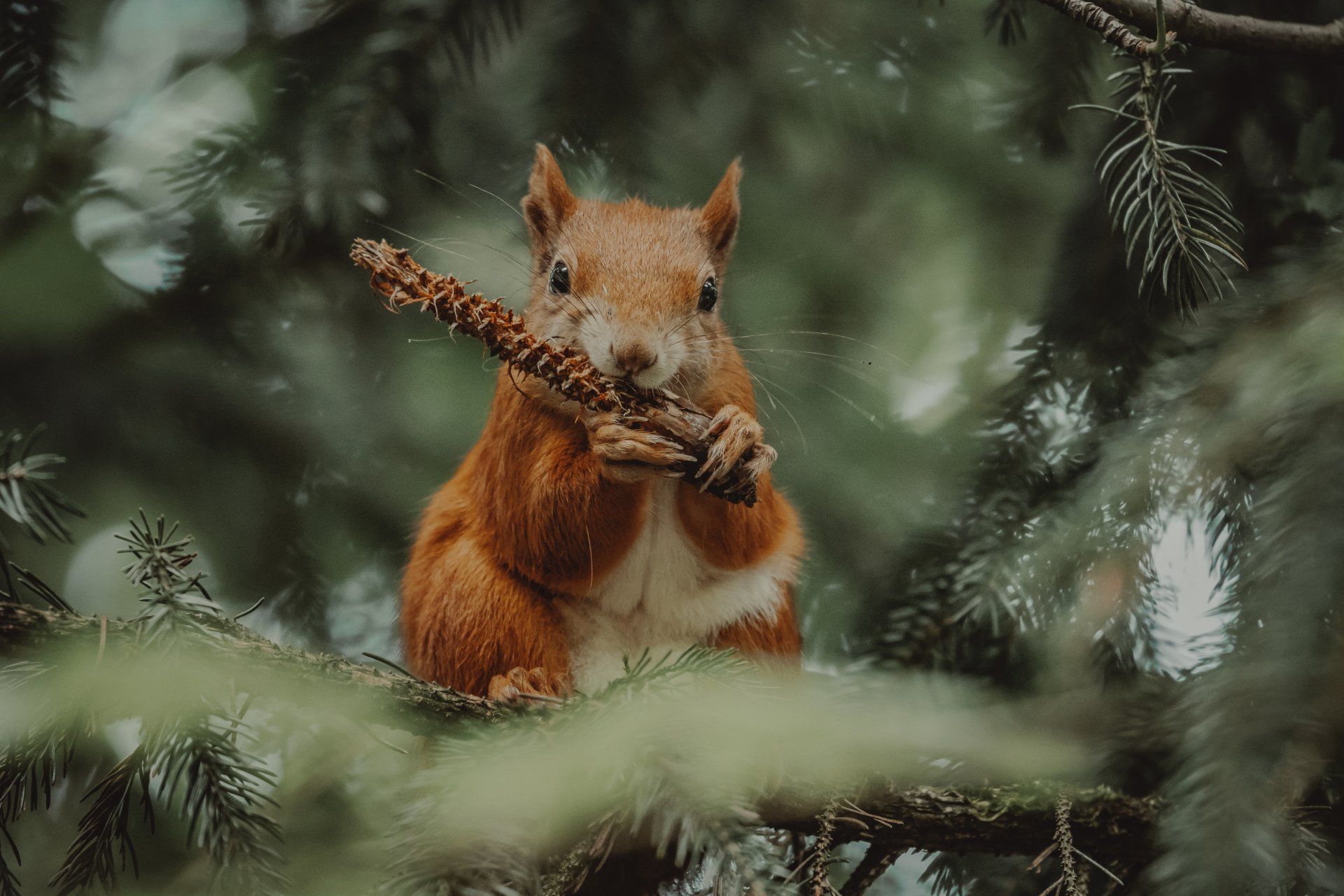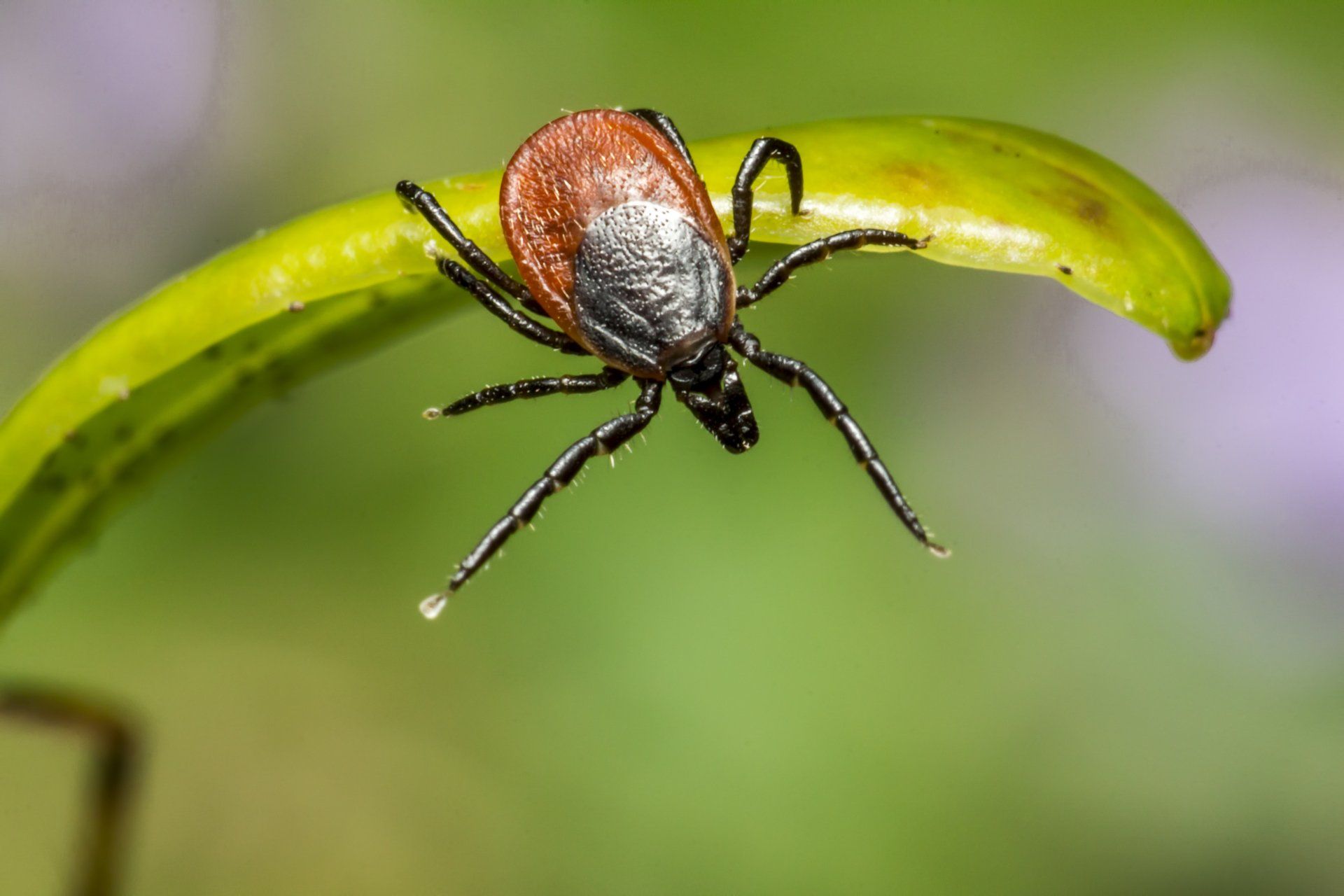5 Tips and Tricks to Keep Your Family Safe from Stinging Insects
Don't let stinging insects ruin your summer.

With fall quickly approaching, you’ll likely notice bees and wasps acting more aggressively than usual. They’re racing to gather supplies for their queen, hive, and nest in preparation for winter. And with supplies growing scarce in the fall, it’s a race to the finish line.
But this doesn’t mean you should only worry about bees, wasps, and other stinging insects in the fall. While they emerge from hibernation at the beginning of spring, they work tirelessly all season to increase the size of their nests. By fall, they reach peak capacity within their nests.
So how can you protect your family from bee and wasp stings? What is the best treatment for wasp stings and bee stings? How do these invasive creatures enter your home, and how can you protect your property?
We’ll cover all that and more, along with why you want professional pest services working for you before these flying nuisances infiltrate your home and yard.
Let’s begin.
1. Check for Outdoor Nests
Before your child goes outside to play, remember to check for stinging insect nests. Common areas to check include (but are not limited to):
- Rotting wood in/around your property
- Old tree stumps
- Holes in the ground
- Trash cans
- Rock crevices
- Shrubs/bushes
- Utility poles
You may be able to identify the type of nest in your yard based on the stinging insects you see hanging around. It’s important to note that bald-faced hornets and yellowjackets are extremely aggressive and will sting repeatedly if they feel threatened. They will attack in large numbers, posing a serious health threat to your family and you.
If you suspect stinging insects in your yard or home,
call a professional immediately. Don’t wait for possible bee and wasp stings to occur, potentially harming your loved ones. Remove them as soon as you suspect them.
Check for Indoor Nests
Bees and wasps are no strangers to home invasions. They can enter through open doors and windows, as well as cracks around recessed lighting. Check your home for holes in its screens to help prevent these dangerous pests from entering. Remember to seal window joints and spaces between any recessed lighting and your ceiling drywall.
Wasps also enter through attic vents, looking to build nests. Once wasps have entered your attic, they can easily access the rest of your home.
It only takes several weeks to a month for bees or wasps to construct large, dangerous nests within your home. These nests can quickly undermine your ceiling, drywall, or wall boards in your home, breaking through and entering your living space.
Safe and effective preventative pest control is an absolute must. Check for nests frequently and have a
professional pest control service help you with other precautionary measures to stop bees and wasps before they wreak havoc on your home and family.
2. Wear Protective Clothing
While it may be tempting to go barefoot in your yard or enjoy flip-flops during warm summer months, it’s best to wear shoes, such as sneakers, outside to best
protect your children and family. You should also forego bright-colored clothing and floral prints, as stinging insects are attracted to these colors and patterns.
Avoid a potential wasp sting and stick to colors such as white, khaki, green, and tan. Black is another color to avoid, as wasps see dark colors as a threat.
3. Cover Your Food
Uncovered food is bait for bees, wasps, and other insects. During a barbecue, make sure to cover any food that’s outside. If possible, keep food indoors to prevent unwanted pests from intruding.
The same goes for dirty dishes- once you’ve finished eating, remove your plates and clean the area. This will help prevent bee and wasp stings. Soda and sugary drinks are other culprits that attract insects, so keep them far away.
4. Go Au Natural
This doesn’t mean foregoing your personal care products, but avoid using ones with citrusy or floral scents. Shampoos, lotions, and other body products with a floral scent can attract stinging insects.
5. Remain Calm
Flailing like you’re at an AC/DC concert won’t do you any favors when bees and wasps are present. The more commotion, the more likely you’ll experience insect bites and stings. It’s best to stay still and wait for the insect to fly away.
If you or a loved one is allergic to any stinging insects, remember to always keep your
epinephrine autoinjector (EpiPen) with you, especially outside.
Bee Sting and Wasp Sting Treatment
First, let’s answer the question: “Do carpenter bees sting?” These insects are known to only sting when provoked. If you try to touch them or pick them up, there’s a chance they’ll sting.
If you’ve been stung by a bee or wasp, it’s best to contact a medical professional.
Anaphylactic shock is a serious, life-threatening allergic reaction to a stinging insect, and you should call 911 immediately.
It’s always a good idea to contact your child’s pediatrician and have them check the insect sting for signs of infection. If it’s been a substantial amount of time since you or your child had a tetanus shot (10 years), it’s best to ask your family doctor about receiving one within a few days following the sting.
Remember that the best way to prevent insect stings from harming your family is to prevent insect infiltration in the first place.
Eliminate Stinging Insects Before They Invade
While you should use these tips and tricks to help protect your family and yourself from stinging insects, the best course of action is to call a professional pest removal service to stop bees and wasps before they become a bigger, more dangerous issue.
Serene Property Services is dedicated to providing you with unparalleled service, checking your home and property for signs of an infestation, and taking precautions to help you thwart a potential insect threat.
Our pest control services are exactly what you need to feel secure in your home.
Contact us today for the peace of mind you deserve.
We will get back to you as soon as possible
Please try again later
About Us
Contact Info

